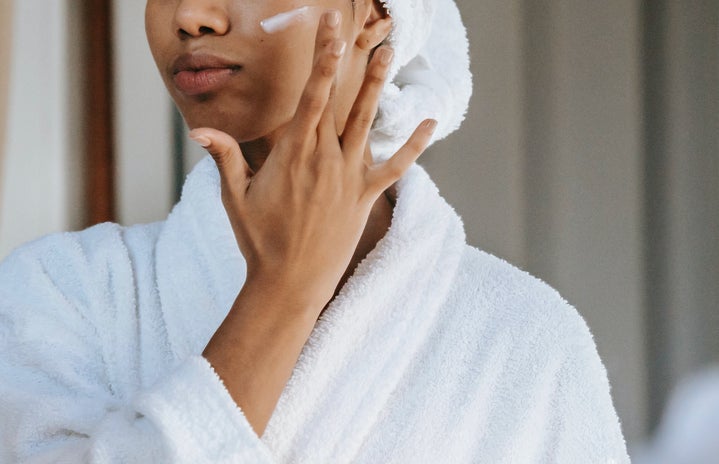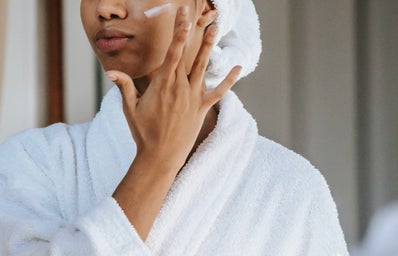A fresh breakout can put a damper on anyone’s day, and while acne affects so many of us, it can be such a nuissance and pain. If you, like me, have dealt with it since the age of 12, you can probably relate to the struggles of frantically trying to conceal your breakouts, and breaking the bank in hopes that a tiny bottle of lotion will be the end-all for your acne. But, although acne is frustrating to deal with, it can be kept under control with these five tried-and-tested strategies.
- Use products that contain salycilic acid or benzoyle peroxide
-
Products that contain these key acne-fighting ingredients are skincare staples, and for a good reason, too! These ingredients kill acne-causing bacteria and dry out breakouts extremely effectively. What’s more: you don’t need to break the bank over either of them, as products containing these ingredients are available in many drugstores. But, use them with caution, as they can be drying to the skin.
- Resist the urge to touch your face
-
This one can be tricky, as many of us (myself included!) often unknowingly touch our faces throughout the day. Nevertheless, it’s important when dealing with acne to avoid this, as our fingers can be covered in all kinds of bacteria and oil that, when transferred to the face, can lead to breakouts.
- Change that pillowcase
-
Pillowcases absorb and retain dead skin cells, sweat, and oil as we sleep, which are then transferred back onto our faces, leaving our skin more susceptible to breakouts. This can easily be prevented by frequently changing our pillowcases.
- Avoid comedogenic products
-
If you’re unfamilar with the term, comedogenic essentially refers to ingredients in skincare and makeup that block pores and cause acne. While it can be challenging to avoid products with these pesky ingredients, non-comedogenic products are often labeled as such, allowing for an easier selection of products.
- Talk to a doctor or dermatologist
-
When all else fails, it can be helpful to discuss acne prevention with a doctor or dermatologist. They can determine the root cause of your acne and can also prescribe stronger medications to regulate it.


